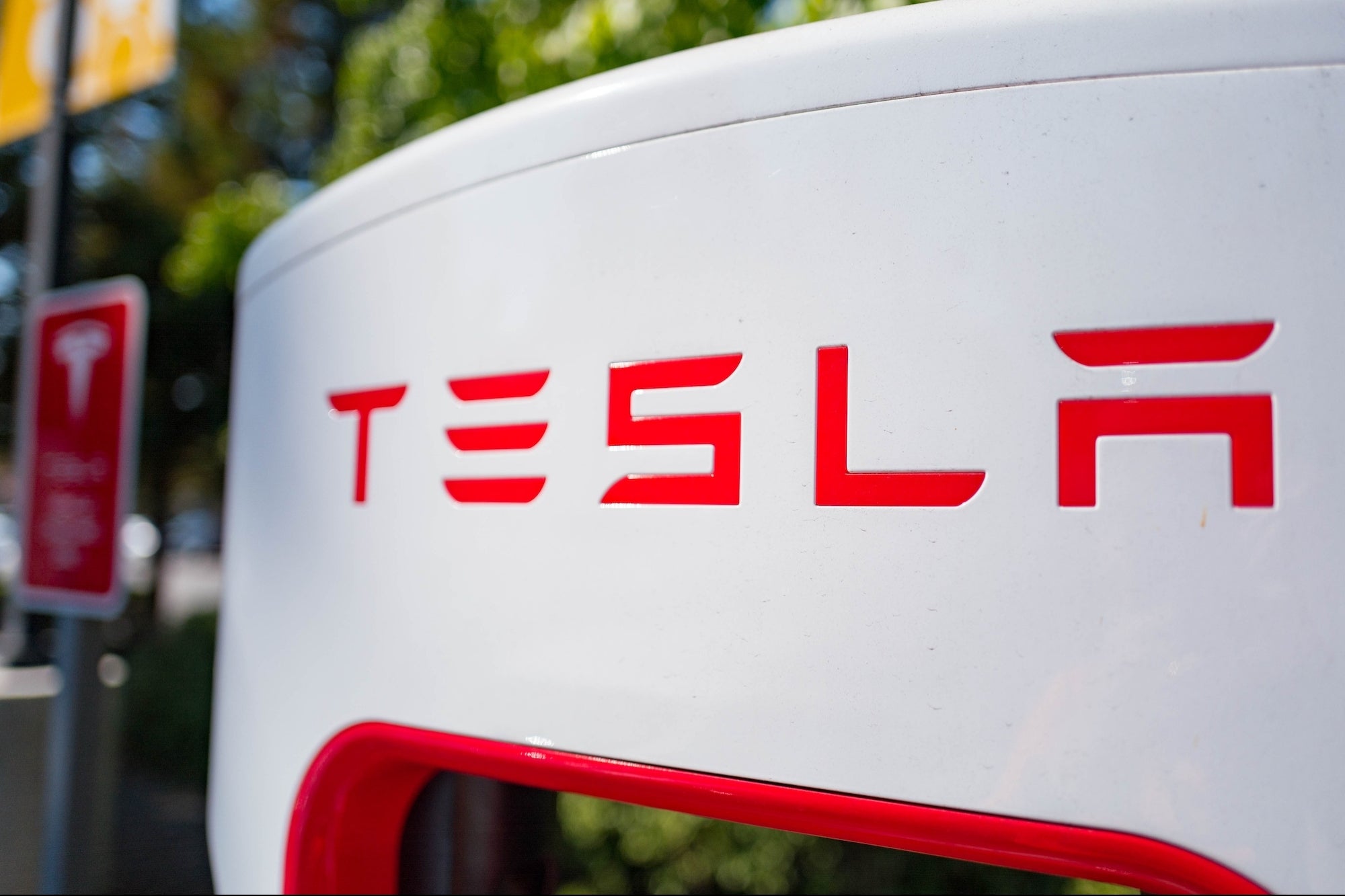Why France Is Rebranding the 'Doggie Bag' A new campaign seeks to overcome long-held stereotypes that asking for leftovers is either stingy or piggish.
By Geoff Weiss •

Opinions expressed by Entrepreneur contributors are their own.

Amid economic turmoil, growing consciousness about environmental waste and widening acceptance of "takeout culture,' authorities in France are now trying to combat long-held stereotypes surrounding doggie bags.
For the French, who generally dine out less than Americans and thus perceive it as an act to be savored, asking for a doggie bag is frequently considered gauche, sociologists say. "Most really hesitate to ask because they are afraid of looking stingy," Elisabeth Manzon, a French food projects government official told The New York Times. "They are ashamed."
Many French diners also see the doggie bag as a uniquely American custom conjuring images of piggish excess. And several chefs told the Times that they tend to perceive bag requests as an insult -- indicating either a quality qualm or portion miscalculation. Some even mistakenly fear that they would be legally responsible if leftovers were to go bad and result in illness.
Related: France Orders 2,000 Trains Too Wide for Station Platforms
But now, in order to drive down waste, Manzon and team have initiated an awareness campaign in the French food capital of Lyon encouraging diners to take their leftovers home. The doggie bag -- an English term also widely used in France -- has been renamed the "gourmet bag." And officials have designed an array of stickers, fliers and other materials to signify the rebranding, which partner restaurants can download from the campaign's official website and affix to their windows, walls and takeout containers.
The campaign's tagline is "It's so good I'll finish it at home." One flyer features a group at a dinner alongside the caption, "Who says "throw away the leftovers?' They taste just as good at home!"
While rewriting a deeply-rooted cultural narrative may sound like a tall order, the campaign's ultimate aim is to reduce food waste -- of which 89 million tons is generated every year by the European Union, according to the campaign. "Certainly we want to encourage the gourmet bag," Manzon told the Times, "but the main message we want to convey is that, if the plate can be finished, it's better."
Related: In France, Fresh Foods Have to Carry a Special Stamp So They Aren't Mistaken for Frozen












